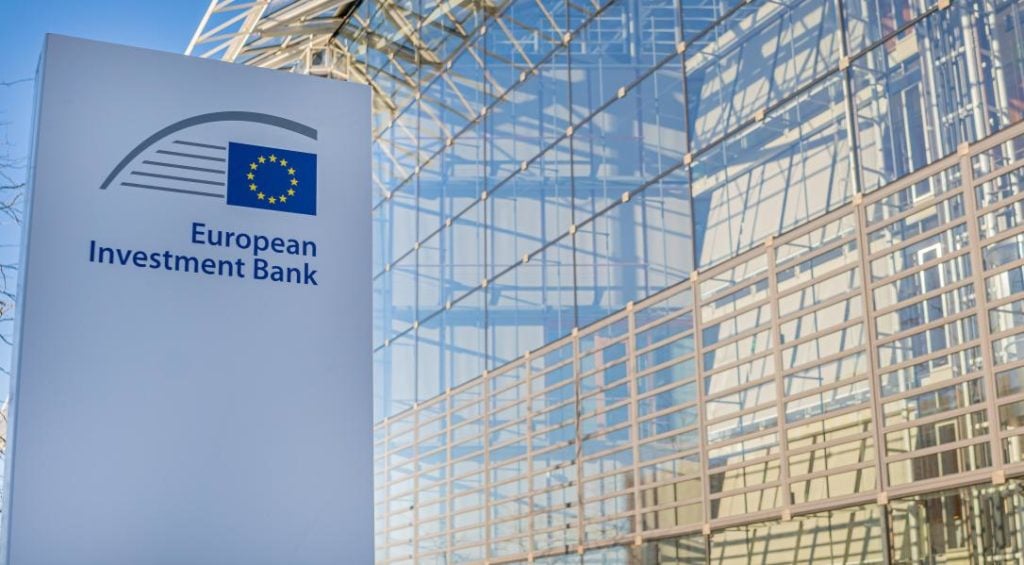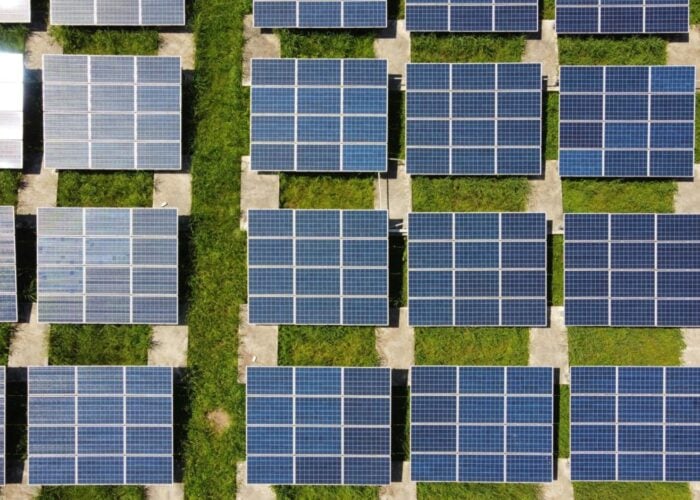
The European Investment Bank (EIB) has announced plans to increase its funding for its REPowerEU project by €15 billion (USD$16.76 billion), bringing the bank’s total investment in the clean energy initiative to €45 billion.
The programme, which the EIB implemented in the wake of Russia’s invasion of Ukraine in order to replace Europe’s need for Russian oil with renewable power generated within Europe, has received significant support from the bank.
Unlock unlimited access for 12 whole months of distinctive global analysis
Photovoltaics International is now included.
- Regular insight and analysis of the industry’s biggest developments
- In-depth interviews with the industry’s leading figures
- Unlimited digital access to the PV Tech Power journal catalogue
- Unlimited digital access to the Photovoltaics International journal catalogue
- Access to more than 1,000 technical papers
- Discounts on Solar Media’s portfolio of events, in-person and virtual
The EIB announced €30 billion of funding last November, claiming this would encourage €115 billion of new investments into renewable power in Europe, and the bank hopes the new funding will lead to €150 billion of clean power investment over the next five years.
“We are deploying the full range of our available financial firepower to support Europe’s industrial competitiveness, manufacturing and the rollout of critical technologies that will lead us to a swift and just transition to net-zero,” said EIB president Werner Hoyer. “The people of our union can always count on the unwavering support of their bank.”
The EIB announced that it expects “state-of-the-art manufacturing” sectors to benefit the most from the new funding, including solar PV, wind power and battery storage. Its board also announced €10 billion in new lending for new renewable projects, including wind and solar facilities in Spain and Austria, as the bank looks to support a range of new clean energy facilities.
The bank also announced that a greater range of energy projects will be eligible for REPowerEU funding, notably those involved in “the extraction, processing and recycling of critical raw minerals”. This could be of interest to the solar sector in particular, where the world’s growing demand for solar installations has increased demand for some of the mineral commodities required for the construction of solar cells and modules.
A recent report from the International Energy Agency found that growth in the global solar industry could massively increase demand for the minerals copper and silicon, and granting access to EIB funding to mining and processing projects integral to solar manufacturing could help Europe meet this demand.
The EIB will likely be optimistic that its investments will not only aid in the installation of new renewable power projects, but help create a sustainable clean power supply chain in Europe, in line with the initial goal of the REPowerEU to reduce reliance on Russian power imports.
The programme has already achieved considerable successes, with the proportion of gas imported by Europe from Russia falling from 41% of all gas imports in August 2021 to 9% in August 2022, and the EIB will want to continue this trend with more sustainable means of power generation.






